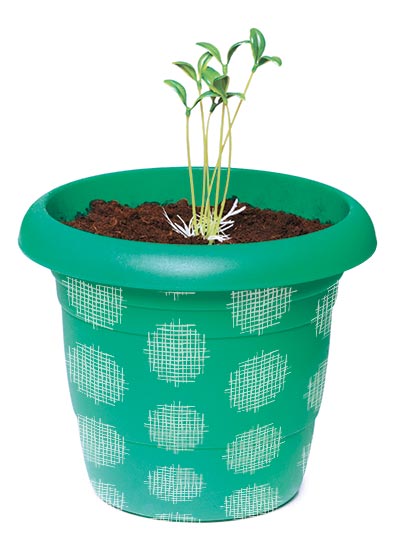
A few Sabbaths ago we sat around the dinner table in conversation about what it means to love others as Jesus commanded us to (Luke 10:27). Several second helpings later we were still debating. As the beans grew cold and the ice melted in our glasses, we shared the stories of encounters with relatives, friends, and church members and the moments in which we did not feel “love” from any of these individuals. But behind all of our stories was a question that begged to be answered: Can we truly love others as ourselves?
That discussion stayed with me several days after, prodding and provoking me to reflect on my own “watery” kind of love. I thought of the times I characterized others on the basis of a past injustice against me. I thought about the tenacity with which I held on to the memory, rehearsing the details over and over, even telling others about it in an effort to rationalize my feelings.
The truth is that we cannot truly love others unless we allow God to work through us. But how does this transformation take place? Having recently acquired my first pair of reading glasses, I thought to myself, What a fitting analogy! A few months earlier I had found myself holding anything with fine print way out in front of me, squinting at the words that seemed to merge into unrecognizable letter patterns. But what a difference my new glasses made!
To love others we must learn to see them through God’s eyes. Then things become quite clear. Through His eyes we are able to recognize that one mean act does not determine total character. In fact, 490 mean acts against us do not mark the offender as unlovable (see Matthew 18:21, 22). In God’s eyes we can see others and ourselves as works in process.
The Bible is filled with examples of “broken and beautiful” individuals. Moses experienced firsthand the wonderful miracles of God, yet he struck a rock in anger, expecting that his own might could create water. In spite of his imperfections, God chose him to deliver His handwritten commandments to His people. The prophet Elijah doubted God’s power and ran away in fear of Jezebel. Yet God sent an angel to feed him under the juniper tree. What about David? Favored by God to be king, he abused his position and power to satisfy his own lust. But Paul would still recall God describing him as “a man after my own heart” (Acts 13:22). The apostle Peter denied Christ three times but went on to become one of the great catalysts in launching the Christian church. If any of these individuals were our friends, would we still love them? God did.
A few years ago I purchased a pair of beautiful, handcrafted, green-and-white flowerpots for my home. I thought this would make a perfect birthday present for my friend Jean in her favorite colors of blue and white. When I went back to the store, there was just one blue-and-white pot left, but it had a small crack on the upper lip. I didn’t want to buy a damaged flowerpot, so after a quick computer search the attendant located one at a store branch that was close to Jean’s house and placed a hold on it. We agreed that I would purchase the cracked pot to present to Jean, and she could later exchange it for the flawless one.
But when Jean saw the pot—she was thrilled.
“Oh, how beautiful!” she exclaimed. “Yes, yes! But please do not worry about the crack.”
“You can exchange it,” I said.
“No,” she replied. “I like the crack. It gives it character.”
How wonderful would it be if we could see others like this—both broken and beautiful—and love them anyway?